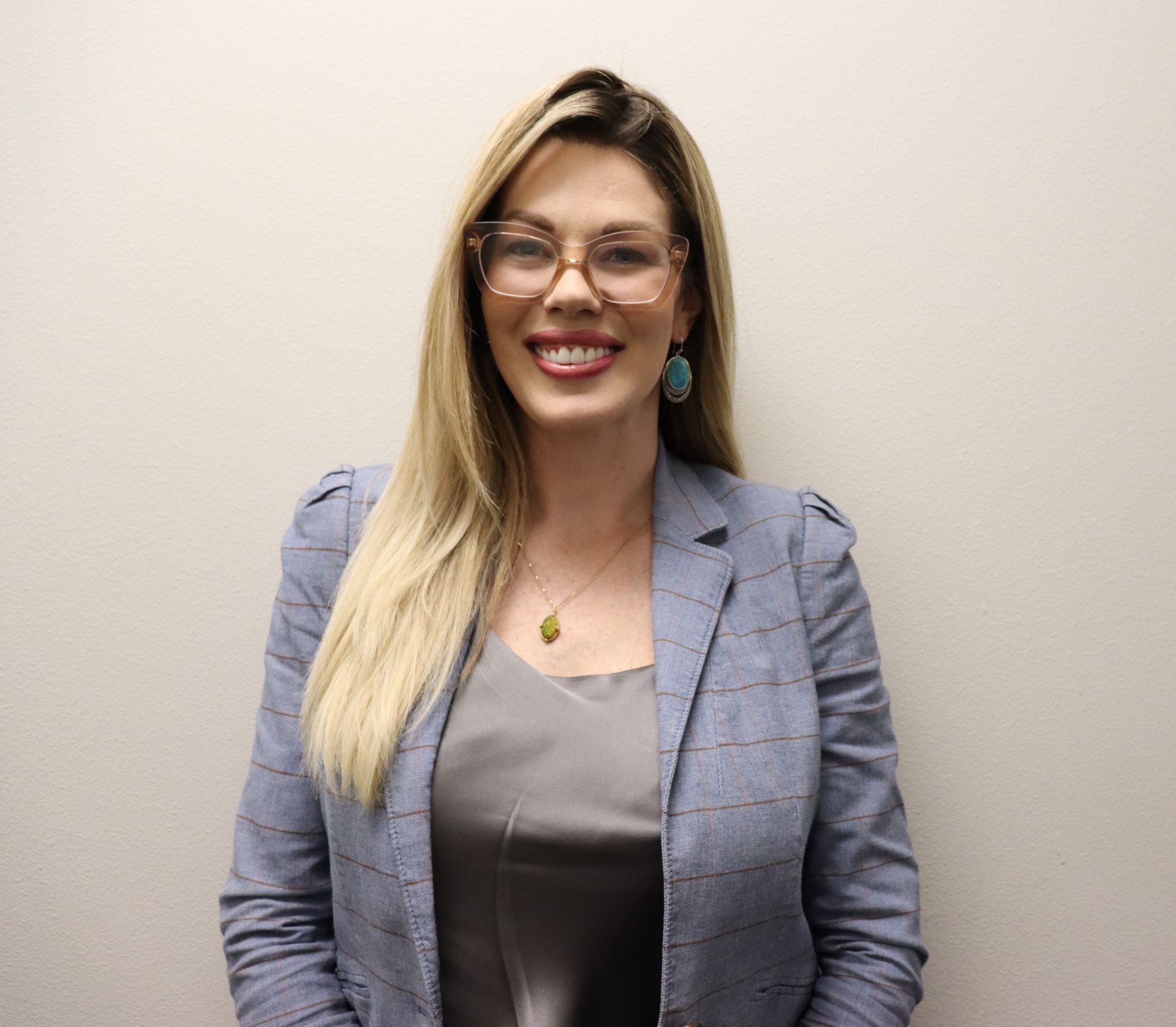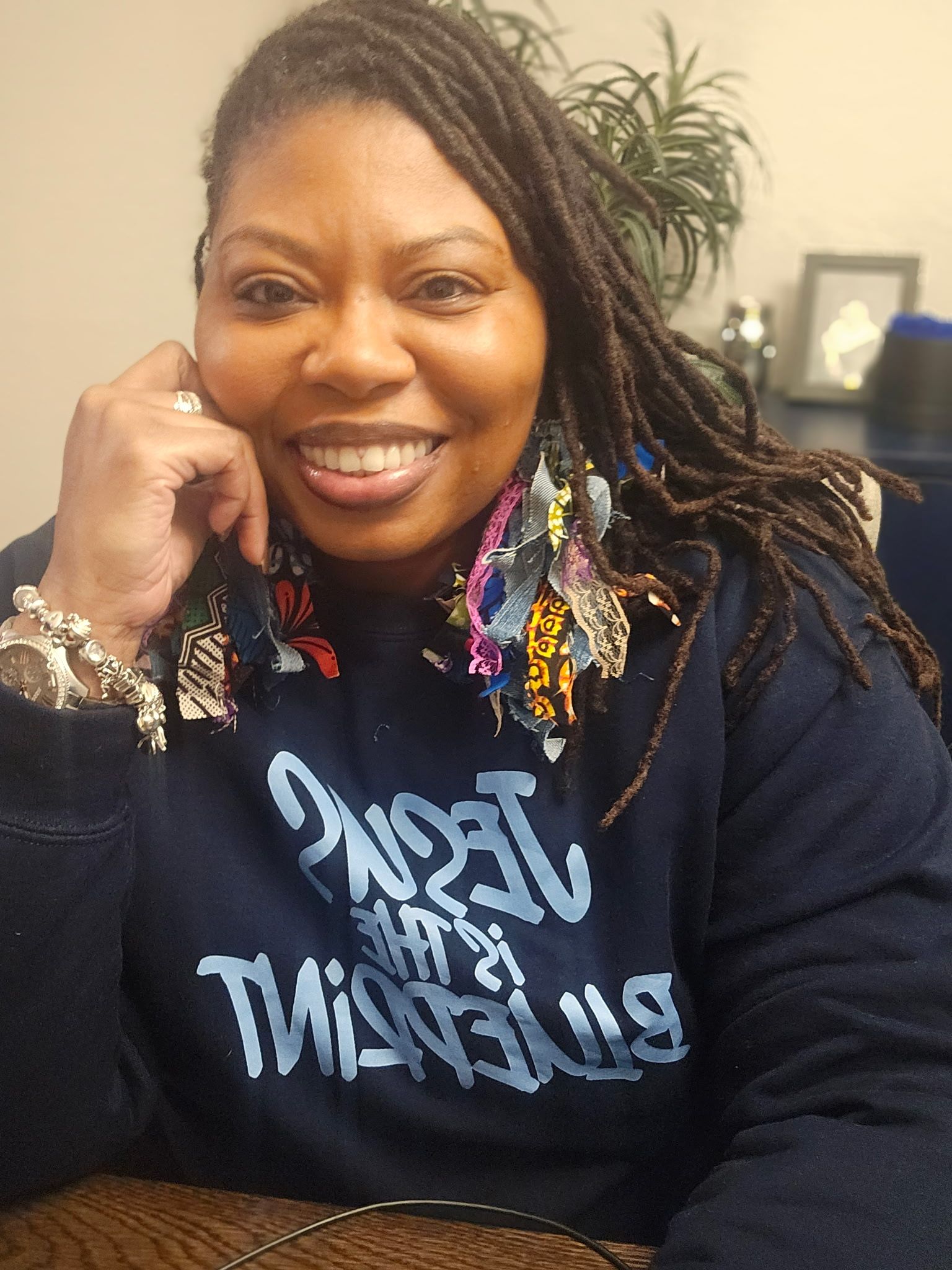April Advocate Spotlight
Stephanie Shokrian

1. How long have you been an Advocate and when did you realize you wanted to become one?
“I have been a Child Advocate since January of 2023. I had the best trainers in my Advocate Training, and connected with inspiring individuals who encouraged me to be a light for foster youth in our community. I was assigned my first CASA case, which to my surprise, was a set of twin newborn babies and my purpose in these beautiful children’s lives became crystal clear. My goal was to keep the two twins together, forever and always, as they navigated the foster system, and to help them find their forever home so they could settle their hearts and thrive.”
2. What is the most rewarding aspect of being an advocate?
“Building a relationship with twin babies was a big challenge that I knew would be much different than advocating for an older child or teen. I wondered how I would be able to advocate for what the babies needed when they could not speak and were unable to tell me what their wishes were, what their hopes and dreams were, and anything that was on their heart. I knew that as babies, they would yearn for a mother’s heartbeat, a calm and soothing voice, a playful spirit, a safe and cozy home. I worked hard to learn everything I could about the babies, where they came from, what their emotional and medical needs were, and I made it a top priority to earn their trust and the trust of their current foster placement caregivers. Trust and respect are never just given, especially in the face of trauma and neglect, so I felt very rewarded by earning these elements of trust and respect within my CASA children's case. By working closely with caseworkers, attorneys, the Judge, family members, the foster placement, and with the incredible guidance and support of my Advocate Supervisor, Mackenzie Olearnick, I was able to be successful in being a strong voice and nurturing force in the babies first year of life. While the goal most always is reunification, in this particular case, the babies found their forever home and forever family with their foster to adopt family. Our Judge has officially granted adoption rights to the foster family and we will all rejoice and celebrate with the babies on the official Adoption Day in the coming weeks! My goals of keeping the babies together and advocating to secure them a forever home always stayed in the forefront and now they are a reality! The children’s foster to adopt family is one of the most loving, kind, healthy, and nurturing families I have ever met and I am so happy for all involved!”
3. If you could offer some words of encouragement to your fellow and incoming Advocates, what would they be?
“Someone told me once to “Leave it all at the door” and “wear a costume or mask” when you deal with grief, loss, or heartache. After working with the babies and after experiencing so many of my own difficult and challenging moments in my life, I have to disagree. I say come as you are and use your own experiences as a guiding light. Be vulnerable, show genuine and sincere empathy, and use the gifts and experiences you have gained in life to be the best Advocate you can for the children in our community that need it the most. Be exactly who you are, know that it will be hard sometimes, but that you were called to help for a reason and you’re really, really great at it! Be playful, be dependable, and always try to do more than you were expected to do. Reach out to your Supervisor for help and advice along the way and take advantage of all the amazing Resources CASA Leadership has sourced for us as Advocates!! From Christmas gifting opportunities to numerous events & activities, the resources are endless! I have loved being a CASA Advocate and I plan to continue to help as many children as I can for as long as possible.”








